The rapid integration of in-car cameras has become a hallmark of modern automotive innovation. These devices, often embedded in dashboards or rearview mirrors, serve purposes ranging from driver monitoring to advanced safety features. However, as vehicles evolve into data hubs, the issue of data sovereignty—particularly concerning the information captured by these cameras—has emerged as a critical concern. Who owns this data? How is it stored, processed, and shared? These questions lie at the heart of a growing debate over privacy, security, and corporate responsibility.
The Data Sovereignty Challenge
Data sovereignty refers to the concept that data is subject to the laws and governance structures of the nation where it is collected. For in-car cameras, this means that footage of drivers, passengers, and even pedestrians could fall under varying legal frameworks depending on the vehicle's location. Automakers and tech companies must navigate a labyrinth of regional regulations, from the European Union's General Data Protection Regulation (GDPR) to California's Consumer Privacy Act (CCPA). Failure to comply can result in hefty fines and reputational damage, yet the technical and logistical hurdles of ensuring compliance are immense.
Privacy vs. Innovation: A Delicate Balance
Proponents of in-car cameras argue that the technology enhances safety. Features like drowsiness detection or distracted driving alerts rely on real-time video analysis to save lives. However, privacy advocates counter that the constant surveillance infringes on individual rights. The tension between innovation and privacy is palpable. For instance, while a camera might detect a driver’s fatigue and prevent an accident, the same footage could be subpoenaed in a court case or hacked by malicious actors. Striking a balance requires transparent policies and robust encryption, but even these measures are not foolproof.
The Cybersecurity Threat Landscape
In-car cameras are vulnerable to cyberattacks, a reality that adds another layer of complexity to data sovereignty. Hackers could exploit weak points in a vehicle’s software to access live feeds or stored footage. Recent studies have demonstrated how easily some systems can be breached, revealing everything from license plates to intimate conversations. Automakers are racing to implement stronger firewalls and end-to-end encryption, but the arms race against cybercriminals is relentless. The stakes are high—a single breach could expose sensitive data across multiple jurisdictions, triggering legal repercussions and eroding consumer trust.
Consumer Awareness and Control
Many drivers are unaware of how their data is being used. Consent forms buried in lengthy terms of service often go unread, leaving users uninformed about what they’re agreeing to. Some manufacturers allow drivers to disable cameras, but this may come at the cost of losing certain safety features. Empowering consumers with clearer choices and greater control over their data is essential. For example, opt-in mechanisms or granular privacy settings could help bridge the gap between convenience and autonomy. Yet, even with these tools, the onus remains on companies to act ethically and transparently.
The Road Ahead: Regulation and Responsibility
Governments worldwide are beginning to address these challenges. Proposed legislation aims to standardize data collection practices and mandate stricter security protocols. However, the pace of regulation often lags behind technological advancement. Automakers and software developers must proactively adopt best practices rather than waiting for legal mandates. Collaborative efforts, such as industry-wide standards for data encryption and anonymization, could pave the way for more secure systems. Ultimately, the future of in-car cameras hinges on a shared commitment to safeguarding data sovereignty without stifling progress.
As vehicles grow smarter, the ethical and legal implications of their data-gathering capabilities will only intensify. The conversation around in-car cameras is not just about technology—it’s about trust, accountability, and the right to privacy in an increasingly connected world.
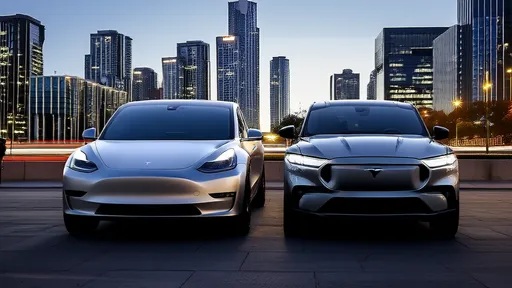
By /Jun 14, 2025
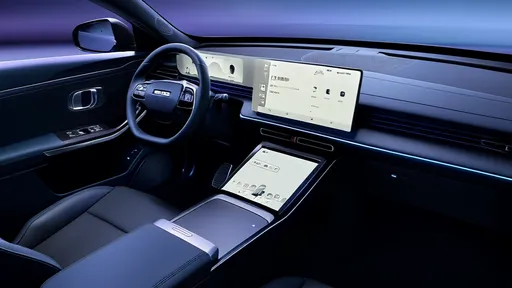
By /Jun 14, 2025

By /Jun 14, 2025

By /Jun 14, 2025
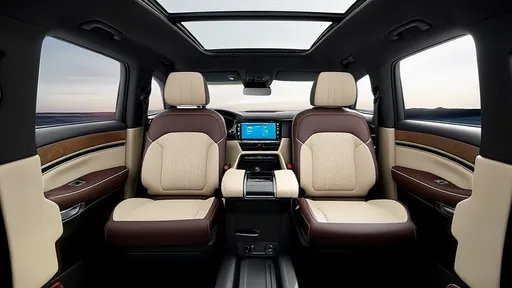
By /Jun 14, 2025

By /Jun 14, 2025

By /Jun 14, 2025

By /Jun 14, 2025

By /Jun 14, 2025

By /Jun 14, 2025

By /Jun 14, 2025

By /Jun 14, 2025

By /Jun 14, 2025
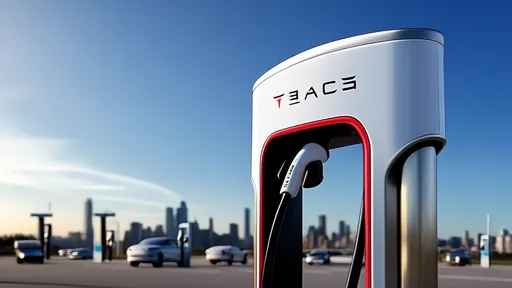
By /Jun 14, 2025
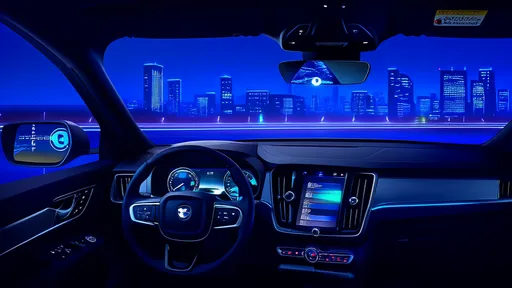
By /Jun 14, 2025

By /Jun 14, 2025

By /Jun 14, 2025